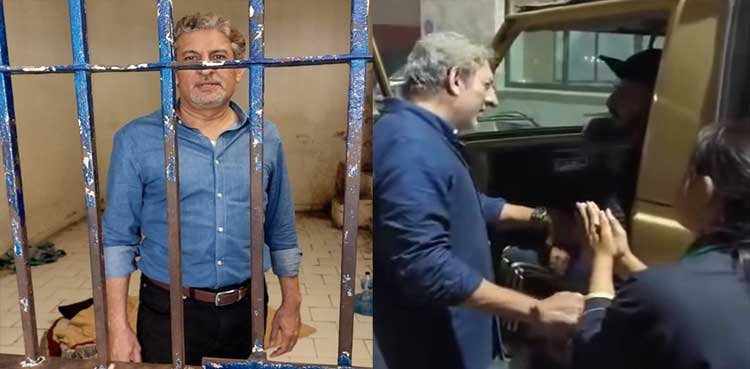The Karachi assault case involving businessman Salman Farooqi saw a dramatic turn on Thursday as the victim, Sudheer, officially pardoned the accused during a session at the South Judicial Magistrate’s Court.
Sudheer’s appearance in court marked a crucial moment in the trial. Initially unaware of the summons, he told the court he was informed of the hearing only after speaking with his lawyer that morning. Despite identifying Salman Farooqi as the perpetrator, Sudheer declared his decision to forgive him, stating that he did not wish to continue with legal proceedings.
The court, seeking to ensure the victim was acting of his own free will, asked whether Sudheer faced any external pressure or coercion. “No one is forcing me,” Sudheer confirmed. “I have pardoned Salman Farooqi and will not object to any decision the court makes.”
The statement was recorded by the magistrate, effectively concluding the victim’s testimony. However, questions remain about the final outcome, given the high-profile nature of the incident and the broader implications for public order and accountability.
The altercation in question took place in Karachi’s Defence Housing Authority, where Salman Farooqi was filmed attacking Sudheer, a motorcyclist, in the presence of the victim’s sister. The footage quickly spread on social media, leading to a wave of public outcry and calls for justice.
The case had been registered at the Gizri Police Station on charges that included issuing death threats, assault, and public humiliation, based on the testimony of eyewitness Muhammad Saleem.
While Sudheer’s forgiveness may impact the course of the case, legal experts point out that the court’s final decision will weigh public interest and the nature of the crime itself. In Pakistan, the law permits victims to pardon certain offences, but the judiciary also considers the wider implications of dismissing charges in cases that attract significant public attention.
The withdrawal of the complaint in this case has reignited discussions about how the justice system balances personal forgiveness with the need to maintain public trust in law enforcement and the courts’ role in deterring violence.
